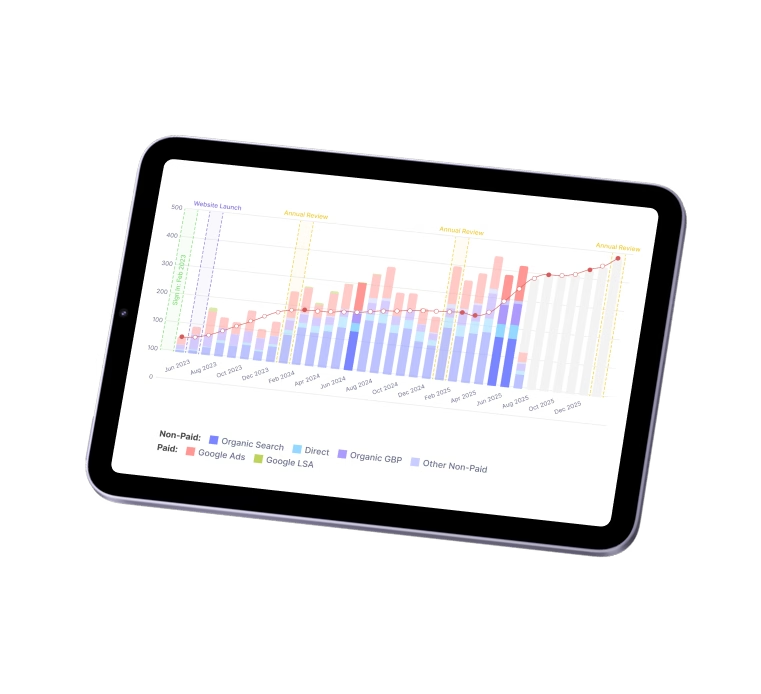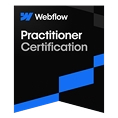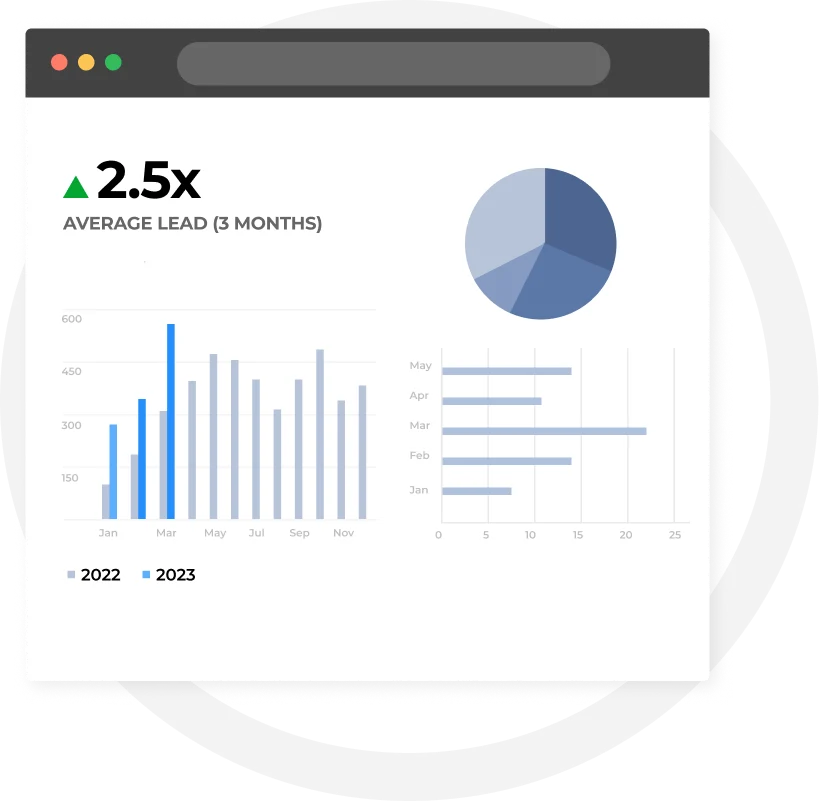Discovery & Strategy Development
Every successful marketing campaign begins with understanding your unique business. During our initial consultation, we dive deep into your industry, target audience, and competitive landscape. We analyze your current digital presence, identify opportunities for growth, and verify clear, measurable objectives that align with your business goals.
Our strategists then craft a customized digital marketing roadmap tailored specifically to your needs. This isn’t a one-size-fits-all template — it’s a comprehensive plan that leverages the right mix of digital channels to maximize your ROI.
Implementation & Execution
Once we’ve agreed on your growth strategy, Comrade Digital Marketing puts the plan into action. Every step is handled by specialists who combine creative thinking with data-backed precision. We don’t just check boxes — we build campaigns that work in sync across channels to deliver measurable results.
Our execution covers the core pillars of digital success: improving search visibility, creating high-converting advertising campaigns, building content that earns trust, optimizing conversions, and ensuring your website becomes a true sales asset.
| Service | What We Do | Industries That Benefit Most | Results Delivered |
|---|---|---|---|
| SEO | Optimize site structure, content, and authority for higher rankings | Law firms, home services, healthcare, e-commerce | Increased organic traffic & quality leads |
| PPC | Create and manage targeted ad campaigns on Google, social & display networks | Retail, B2B, SaaS, local service providers | Immediate visibility & faster conversions |
| Content Marketing | Produce engaging, SEO-aligned blogs, guides, and landing pages | Professional services, e-commerce, education | Stronger brand authority & lead nurturing |
| Conversion Rate Optimization | Analyze user behavior, test page elements, and refine UX to boost conversions | E-commerce, SaaS, lead-gen businesses | Higher lead-to-customer conversion rates |
| Web Design & Development | Design conversion-focused, mobile-friendly websites | All industries, especially startups & growth-focused businesses | Higher on-site conversions & improved UX |
As an industry leader, from the first keyword tweak to the final conversion, everything we do is aimed at generating results you can measure and scale. Whether you’re looking for quick wins or long-term growth, Comrade blends strategy, technology, and creativity to make it happen.
Continuous Optimization
Digital marketing isn’t a set-it-and-forget-it endeavor. We continuously monitor campaign performance, analyzing data to identify what’s working and what can be improved. Through A/B testing, audience refinement, and strategic adjustments, we ensure your campaigns evolve and improve over time to bring you more qualified leads.
Our marketing services team provides regular performance reviews, keeping you informed about progress toward your goals. We believe in complete transparency — you’ll always know exactly how your investment is performing.
Collaboration & Communication
Throughout our partnership, you’ll have a dedicated account manager who serves as your primary point of contact. They coordinate with our various specialists and ensure seamless communication between our team and yours. We schedule regular check-ins to discuss performance, address questions, and plan future initiatives.
We also provide comprehensive reporting that goes beyond vanity metrics. Our reports focus on the key performance indicators that matter most to your business — whether that’s leads generated, money (revenue) attributed to digital channels, or cost per acquisition.
Scaling Success
As campaigns mature and we gather more data about what resonates with your audience, we identify opportunities to scale successful initiatives. This might mean expanding into new markets, testing additional channels, or increasing investment in high-performing campaigns.
Our goal is to become a true extension of your team — a partner invested in your long-term success. We celebrate your wins, tackle challenges together, and continuously work to exceed your expectations.
Ready to experience the Comrade difference? The first step: Let’s discuss how our proven approach can help transform your digital presence and drive real business results.

















